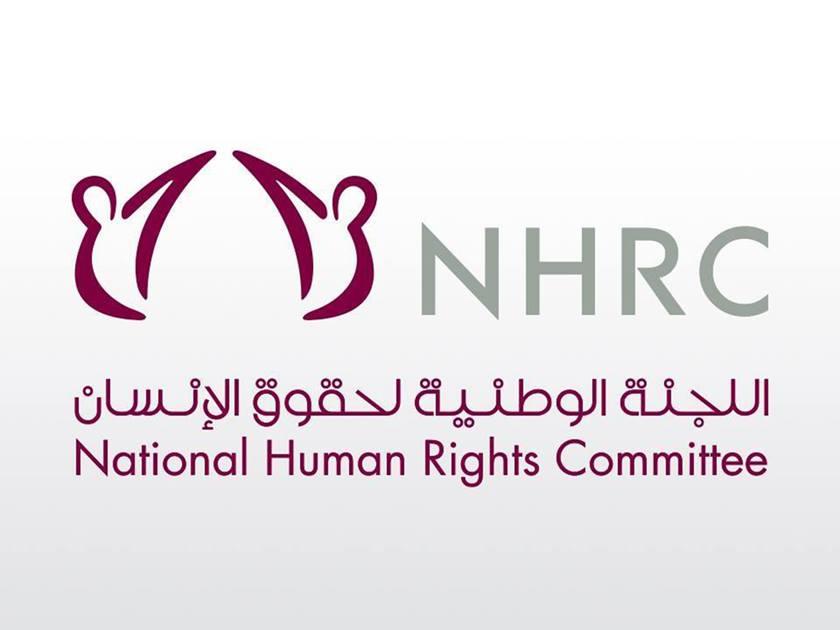(MENAFN- The Peninsula) QNA
Jeddah: The National Human Rights Committee (NHRC) has called on national human rights institutions in the OIC countries to consider family protection issues as part of their duties to make national legislation cope with international human rights standards, including family affairs legislation, and to propose draft laws that ensure the realization of this objective.
This came in a working paper presented by Director of the Legal Affairs Department of the National Human Rights Committee Nasser Marzouk Sultan Al Marri, during the meetings of the 20th Regular Session of the Independent Permanent Human Rights Commission (IPHRC) of the Organization of Islamic Cooperation (OIC), which was held at the IPHRC Headquarters, Jeddah, Kingdom of Saudi Arabia (KSA).
This session was held under the title 'Right to Family Life: Islamic and Human Rights Perspectives to Counter Challenges to the Institution of Marriage'.
The NHRC called on national human rights institutions to mobilize and back civil society organizations and educated elites, in a bid to create an effective public opinion that exercises pressures to amend policies and legislation in favour of the family and boosting its unity and cohesion.
It also underlined the need for national human rights institutions to conduct content analysis studies of the complaints they receive pertaining to family affairs and the institution of marriage, to find out its causes and propose appropriate solutions.
The working paper recommended studying the possibility of establishing a“family human rights observatory”, to conduct a national and independent monitoring family-related conditions and problems, at top of which are domestic violence issues, the marriage institution disintegration, and other issues, in addition to monitoring and issuing public statements on violations.
It also stressed the need for the protection of family members, including women, children, people with disabilities and the elderly, to occupy an appropriate place within the strategic plans and priorities of national human rights institutions. The NHRC urged national human rights institutions to have a special interest and a distinguished role in the Arab and Islamic countries that are suffering armed conflicts and displacement and asylum crises with the aim of protecting the refugee family from the surrounding threats that constitute a gross violation of their human rights and dignity.
Al Marri reviewed the NHRC's accomplishments, since its inception, thanks to its roles to promote and protect human rights and the right to family life from a human rights and Islamic perspective, in addition to monitoring the challenges facing the marriage institution.
The working paper included the national legal basis for family protection, and its inclusion in the constitution and national legislation, and in international and regional human rights conventions to which the State of Qatar is a signatory.
Al Marri hailed the efforts of many agencies seeking to ensure family cohesion and protect its members in the State of Qatar, such as the Department of Family Affairs at the Ministry of Social Development and Family, the National Committee for the Affairs of Woman, Children, the Elderly and People with Disabilities, and the Protection and Social Rehabilitation Center (AMAN), among others.




















Comments
No comment